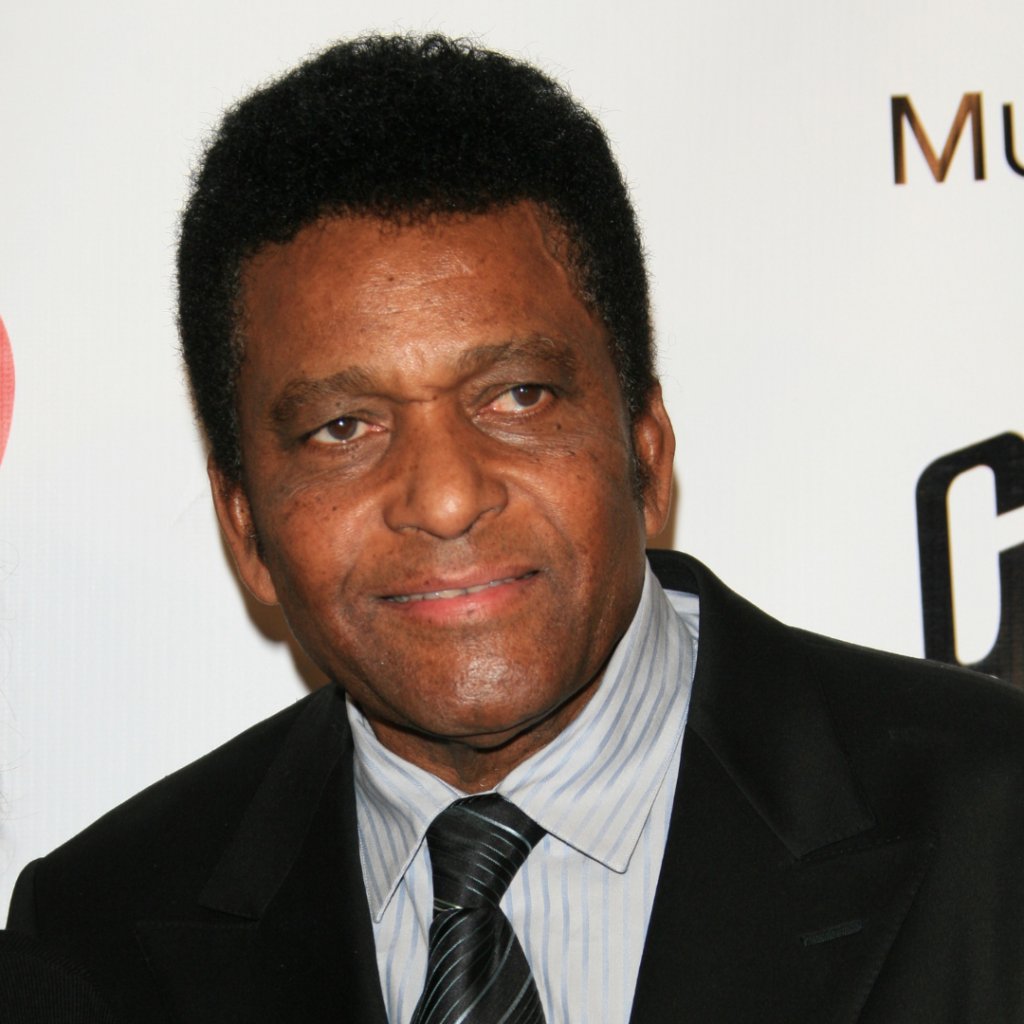12 Jul PRIDE AND PREJUDICE? DID CHARLEY PRIDE’S WILL TREAT HIS SECRET SON UNFAIRLY? SIX STEPS TO REDUCE RISK OF A DISGRUNTLED BENEFICIARY
It was recently reported in the Dallas Morning News that Tyler Pride (“Tyler”)”, who is the biological son of famed country-western singer Charley Pride (“Charley”), has contested the Last Will and Testament of his father. Tyler was not born of Charley’s long-time marriage to Rozene Pride (“Rozene”).
Even though Texas law does not require a child (or anyone) to be named as a beneficiary of a Last Will and Testament, wills are often contested by alleging the equitable arguments of undue influence and lack of testamentary capacity. This is still applicable even if you have a “no contest” provision in your will or trust.
Tyler has contested his father’s will on the grounds that Rozene had undue influence over Charley when he signed his will and the Pride Family Trust to control monetary decisions. Tyler further alleges that Rozene took advantage of Charley’s medical conditions, including mental health and heart ailments, that made Charley more vulnerable to persuasion and control. Tyler also alleged Charley did not have testamentary capacity to effectuate a will, right of survivor accounts, or the legal ability to execute a contracted trust.
Common steps to reduce the risk of a successful claim for undue influence include the following:
- Establish mental capacity. If there is a question as to mental capacity, a doctor (preferably a geriatric psychiatrist or psychologist or neurologist) should examine the testator (the one who signs the will) at or close to the time the will is signed and have the doctor sign a capacity affidavit to that effect. Tyler’s attorney has claimed that Charley lacked testamentary capacity due to depression, heart ailments, etc. even though he seemed fine at his acceptance speech for his CMA lifetime achievement award a month before his passing. Also, two disinterested witnesses had sworn that he had mental capacity at the time he signed his Will which was signed a few months before his death. However, it is common for those who purport undue influence that the testator was in a weakened state of mind which made it easier for the testator to be unduly influenced.
- Create and fully fund a trust. Whenever you only have a will or if there are assets that do not have a beneficiary designation and that are in the induvial name of the testator, then you have to go by the state probate laws which makes it easier to contest. Charley had a revocable trust, but he failed to fund about 3 million of his estimated 40 million dollar estate into his trust thus requiring probate. It is common to have a “pour- over” will even if you have a revocable living trust since the most common mistake is the failure to re-title assets into the name of the trust. Although trusts can be challenged, it is more difficult and expensive since the assets do not pass by the probate laws of the state.
- Consider no-contest clause but give enough to reduce risk. Although Charley gave Tyler assets during lifetime, his trust only provided Tyler $50,000. Even though there was a “no-contest” clause, that bequest was not enough to deter Tyler from challenging the will.
- Meet with attorney outside presence of beneficiaries. If you think there is a possibly of a claim of undue influence, then the client should meet with the attorney outside the presence of the beneficiary – both at the initial meeting to discuss the plan as well as the signing of the estate planning documents.
- Communication with disgruntled beneficiary. Although this is difficult in many cases, sometimes it is best to explain why a beneficiary is getting either no inheritance or a reduced amount. Some of the statements I have heard, “This child needs more help than my child who is more financially set” or “This child has taken care of me, so I am giving her more”. However, it could be argued that the testator was dependent and submitted to that beneficiary as a result.
- Be open in front of witnesses. Although sometimes there are privacy issues, go over the will in the presence of the witnesses so there isn’t the argument that there was a failure to discuss the will.
Notwithstanding the tips above, there are no guarantees in life – especially when it comes to money. Although Charley took many of the steps outlined above, Tyler would have probably always contested unless he received substantially more under the estate plan.
If interested in learning more about this article or other estate planning, Medicaid and public benefits planning, probate, etc., attend one of our free upcoming virtual Estate Planning Essentials workshops by clicking here or calling 214-720-0102. We make it simple to attend and it is without obligation.










